A Catholic College Student’s Response to the Sexual Abuse Crisis in the Catholic Church
November 24, 2018
A two-year investigation by the Pennsylvania Grand Jury released Aug. 14, 2018, revealed sexual abuse allegations for over 300 Catholic priests in the state of Pennsylvania. Since that report was released, reporters all over the country took it upon themselves to investigate their own communities. In fact, Associated Press reporter Ryan J. Foley reported on a predator priest by the name of Jerome Coyle in Storm Lake’s own Sioux City Diocese.
As a Catholic, I have been horrified by the stories of sexual abuse within the Catholic Church that have been revealed over the past few months, not only because church leaders have taken part in such a heinous and sinful act, but also because of how several bishops and cardinals have handled such atrocities.
A similar scandal was brought to light in January 2002 when the Boston Globe revealed hundreds of allegations against former priest John J. Geoghan of fondling or raping young “grammar school boys,” and of Cardinal Bernard F. Law of Boston knowing everything and doing nothing about it. The scandal grew as sexual abuse claims against over 70 priests were settled quietly and discretely by the Archdiocese of Boston. By the summer of 2002, nearly 300 Catholic bishops across the nation gathered in Dallas to assess the growing crisis. The United States Conference of Catholic Bishops established the Charter for the Protection of Children and Young People, which created guidelines to address “allegations of sexual abuse of minors by Catholic clergy.”
However, as observed in the scandals of late, the Dallas Charter failed to hold cardinals and bishops themselves accountable, either for their own sexual abuse or for covering it up.
While seeing this current crisis unfold has been absolutely disturbing, I will not let this broken piece of the Church inhibit my belief in Jesus Christ and my faith in the Catholic Church.
Since the realization of these sexual abuse scandals, I have seen so many people commenting about the wickedness, hypocrisy, foolishness, or wrongness of the Church. Many people say they will not go back to church until wrong is made right, until those who are guilty are punished, until justice is served.
I get it. I understand the pain these Church leaders have caused so many people. We shouldn’t have to be wary of or protect our children from our spiritual leaders. Their job is to protect and lead the congregation. They are supposed to be encouraging our faith in Jesus Christ, not breaking it.
However, I think it is important to realize that one person’s mistake does not, and should not, reflect on that of a whole group of people. If anyone could understand that, I would think journalists and police officers could. These groups of people have also been under attack for being unethical, making the wrong decisions, handling situations badly, etc. But as many of them know, most of those assumptions came from certain situations regarding specific people. It is not fair for an entire group to be blamed for the actions of a few. The fault of one should not be the fault of the whole.
This is not to say that the Church handled this crisis well. I look at the way Bishop Nickless and the Sioux City Diocese handled the Coyle fiasco, and I realize they could have communicated more openly with the community. But I think they only tried to do what they thought was best, with no intent to put parishioners in harm’s way.
Susan O’Brien, the diocese’s spokeswoman, even acknowledged this in Foley’s article, stating that, “The diocese admits it could have been handled better.”
Bishop Nickless, too, said in an article in the Catholic Globe that the diocese should have handled it better, but he also explained that policy in the past was different than it is now.
“Victims should have been encouraged to come forward at that time. However, the church often sent priests to treatment, in the hopes that sexual misconduct could be cured. We know now that is not the way to handle any allegation of sexual misconduct.”
The Catholic Globe also published a timeline of events indicating that, contrary to what the Associated Press article said, the diocese had been in contact with Reuben Ortiz, the man who took Coyle into his home after Coyle was in a car accident, before the letter was sent. The timeline also shows that they had contacted both the president and principal of the Catholic school that was located across the street from the nursing home Coyle was placed in.
Obviously, if these events in the timeline are true, there was some miscommunication—or lack of communication—between the diocese and the Associated Press, because there are certain aspects of the timeline and the article that do not match up. But regardless of what the exact case was, it is clear that the Sioux City Diocese could have, and should have, had much more open communication between itself and the public. However, like I said earlier, while they might not have handled the situation in the best way possible, I think they tried to handle it as best they could in that moment, and there was no intent to purposely put anyone in danger.
In the end, what I think many people forget is that priests, bishops, and cardinals—even the Pope—are human too. They make mistakes and they sin just like the rest of us. Pope Francis wouldn’t need to go to confession if he didn’t have sins to confess, yet he attends the sacrament of reconciliation every two weeks. Humans are fallen beings: we sin, we disobey God, we do bad things, we make bad decisions. That is our nature, and it has been so since the commitment of Original Sin by Adam and Eve in the Garden of Eden. Clergy members are no exception.
I don’t mean this to excuse the horrendous actions that many clergy members have committed, or in any way dismiss the trauma victims of clergy sexual abuse have faced, but I do think it is important to remember what Jesus has taught us, which is to forgive others—hate the sin, love the sinner. When it comes down to it, it is not our place to judge, but God’s.
And maybe you question God’s judgement. After all, how could he let his servants of the Church treat his children in such a way? I understand that too. I’ve been through my own rough patches. I’ve been mad at Him before. I’ve stopped talking to Him, blaming Him for the bad things that happened to me. But He isn’t the one who brings upon these bad things—it is the evil one, and he knows how to toy with our brains to get us to give in to his dark temptations. What God does is give us the choice to come back to Him when we have turned away. All we have to do is choose Him. Choose Him in our pain, in our hurt, in our shame, in our brokenness.
I can understand it is hard to trust in a God that allows his people to suffer, but I believe He uses that suffering that we as humans bring on ourselves to make something beautiful out of it. I fully believe that God is good, and that Truth will always win out.
My heart goes out to all those who have been victimized in such a horrendous way. I know there is so much healing needed, and it’s impossible to say that these victims will ever fully recover from the trauma they have experienced. But what I do know is that the only one who can bring healing to such pain is Jesus Christ.
That is why, even when the church may seem broken, I will not let the mistakes of a few ruin my relationship with Christ. I will pray for the healing of my church, I will pray for all those who have been hurt by it, and I will stand by my Catholic faith.



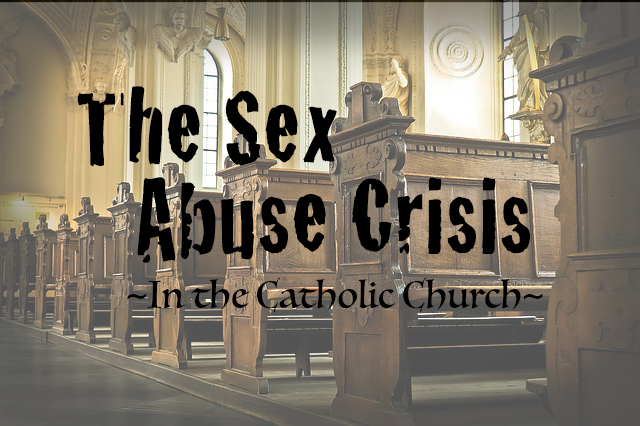
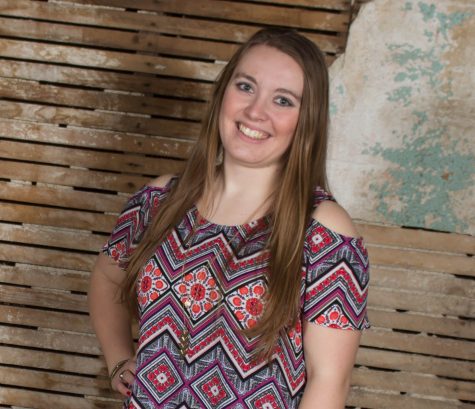

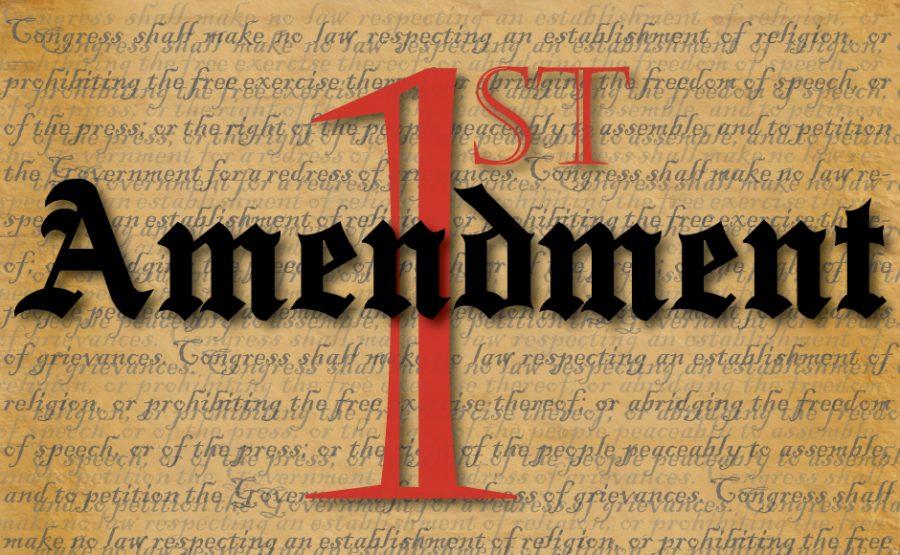
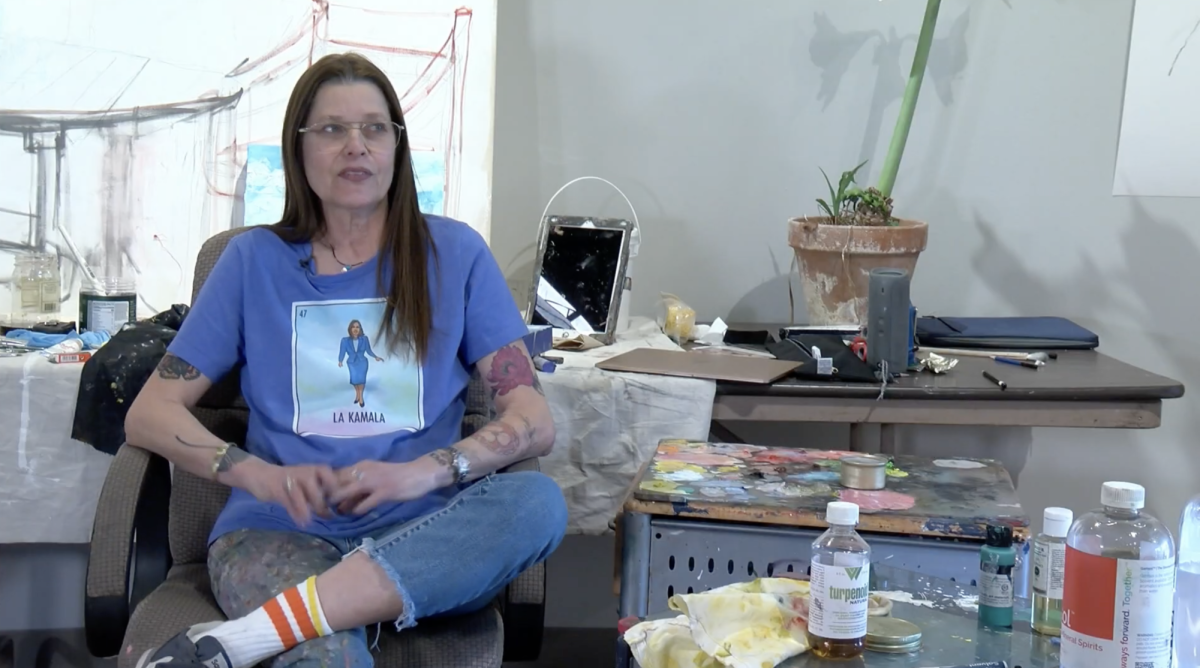
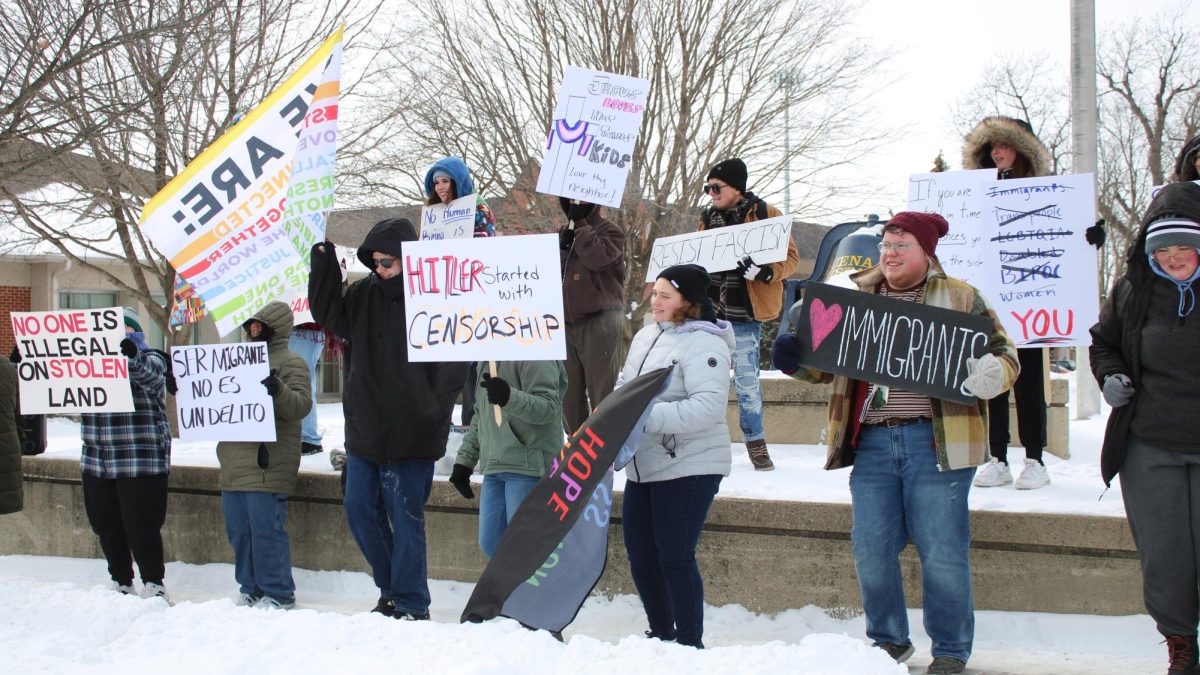
Scott Uhing • Nov 25, 2018 at 6:45 pm
Great article and well done Olivia. While the church may have faults because it is run by imperfect humans, the Catholic faith is perfect because it was instituted by Christ.